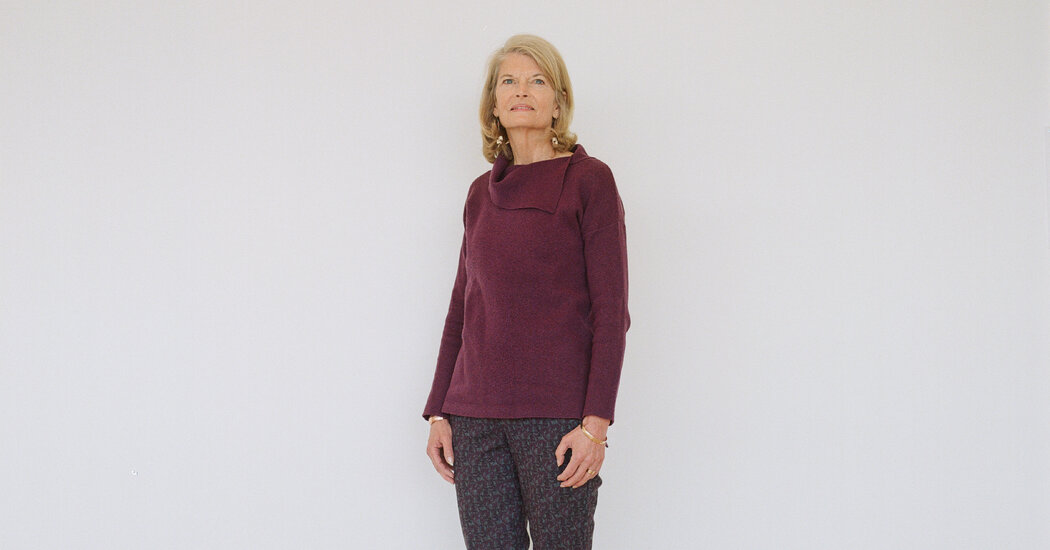Ida B. Wells is the sixteenth lady acknowledged on the US quarter. (picture by and courtesy the US Mint)
A pioneering journalist, pushed civil rights activist, and devoted educator, Ida B. Wells spent her lifetime tirelessly talking out in opposition to the intersectional prejudices that troubled her and Black folks and girls throughout america.
Now, practically a century after her loss of life in 1931, she is the sixteenth lady acknowledged on the quarter by way of the US Mint’s American Girls’s Quarter Program, a four-year initiative in partnership with the Smithsonian American Girls’s Historical past Museum to honor the achievements and contributions of girls within the US.

All through her lifetime, Ida B. Wells tirelessly labored to advance the well-being of Black Individuals and girls. (photograph through Wikimedia Commons)
Wells’s likeness can be featured on the reverse aspect of the coin, reverse George Washington’s profile, however she is just not the one particular person acknowledged by this system in its last 12 months. The US Mint can also be commemorating the legacies of Women Scouts founder Juliette Gordon Low, astronomer Dr. Vera Rubin, incapacity justice activist and creator Stacey Park Milbern, and tennis champion Althea Gibson.
Born into slavery in 1862 through the Civil Warfare, Wells by no means stopped working to make the world round her a extra simply place. She sued a railroad firm for racial discrimination; investigated lynchings and racial terrorism that was threatening Black communities within the South; co-founded the the Nationwide Affiliation of Coloured Girls (NACW) and the Nationwide Affiliation for the Development of Coloured Folks (NAACP); and ran for the Illinois state senate.
“I grew up hearing stories about my great-grandmother, and I always felt proud of how she fought for justice. She believed that everyone should have the same rights and chance to go to school, live in safe places, own businesses and property, and to vote — no matter what they looked like,” wrote Michelle Duster, Wells’s great-granddaughter, in Smithsonian Journal.
“The quarter with her image will remind all about how far we have come as a country and how important it is to speak up and do whatever is possible for everyone to have equal rights and opportunities,” Duster continued.




